Stand
with us.
Together we can protect mental health at work.
Our mission Join
Our objectives
Consensus statement
Today, Acas, The Charlie Waller Trust, Chartered Institute of Personnel and Development (CIPD), the mental health charity Mind, The Society of Occupational Medicine (SOM) and many others launch a Consensus Statement on Mental Health in the Workplace.




The coronavirus pandemic has brought sudden and substantial changes to the way we work. At the best of times, coping with change and disruption can be very difficult and can lead to challenges with our mental health. But with the added strains brought about by the pandemic, and with things still feeling very uncertain, it has never been more important to pay attention to workplace mental health.
SOM patron, Sir Norman Lamb, said
Mental ill health is the leading cause of workplace absence in the UK. With the psychological impact of COVID-19 clear, it has never been more important to champion mental health and wellbeing in the workplace - and enlightened and wise employers are increasingly doing so. Not only do they have a moral duty to look after their employees, but the economic benefits are clear; employees enjoy improved wellbeing with reduced sickness absence and presenteeism, fewer fall out of employment and onto benefits, and the state pays out less and sees reduced pressure on the NHS. I applaud the creation of a consensus statement on mental health in the workplace and implore businesses to implement its mental health at work commitments. The impact you can have on employees’ lives is worth it.
Many employers have gone above-and-beyond to make sure their staff feel valued and supported as the pandemic has unfolded, building on years of hard work to address workplace mental health. But as we head into winter and with a long road to recovery ahead, the mental health of a large section of the national workforce is at risk.
We are particularly concerned about:
- High levels of burnout and fatigue. As more people work remotely and the boundaries between work and home life blur, there is more risk that we are always encouraged to be “on”.
- The impact of poor management and leadership on staff. High workloads and remote working have put a strain on line managers who in turn need support. However, the importance of good line management has never been more critical.
- The impact of pressures outside of work. The pandemic has seen an increase in everyday issues, such as financial worries, bereavement, caring responsibilities, relationship breakdowns, and an increase in substance dependency. The impact of these pressures can be overwhelming for people.
- The impact of recession and unemployment on mental health. Evidence from previous recessions shows an increase in demand for mental health services, increased suicide rates, and a permanent economic scaring that affects young people – our workforce of the future – disproportionately.
- Employers have a duty of care to their staff. Now more than ever, every employee needs to be treated with compassion, to be listened to and supported through the difficulties that the pandemic has created.
- Organisations need to be resilient to absorb and adapt to the challenges of the pandemic. By focusing on the basics – employees, culture and leadership – we can lay the groundwork for a healthy recovery for our staff and our businesses.
A commitment to action
We acknowledge that the way we work has changed. COVID-19 provides an opportunity to re-think how we design work to promote better mental health, how we focus on the ‘health’ side of ‘health and safety’, and how we create psychologically safe working environments. We commit as organisations to implement the ‘Mental Health at Work Commitments’. In turn, we call on Government to provide more clarity on the mental health impacts of lockdown and put in place provision to support those who are struggling with their mental health, and the associated effects on their lives.
